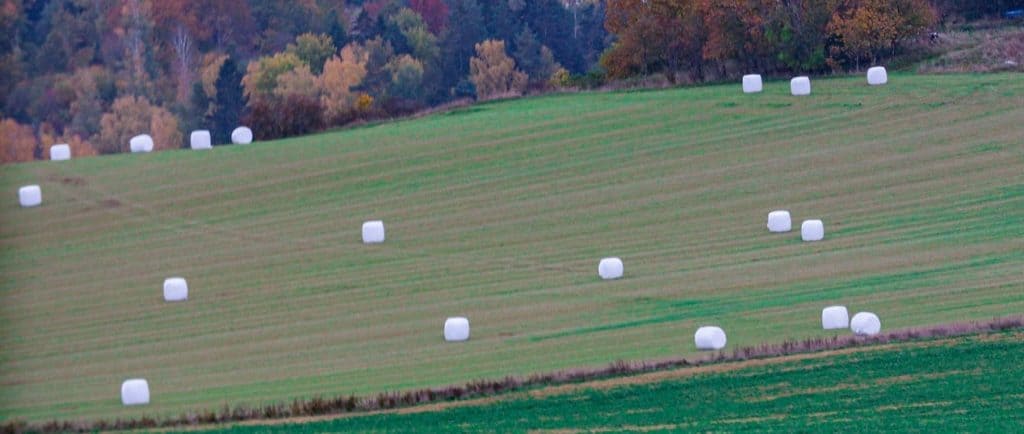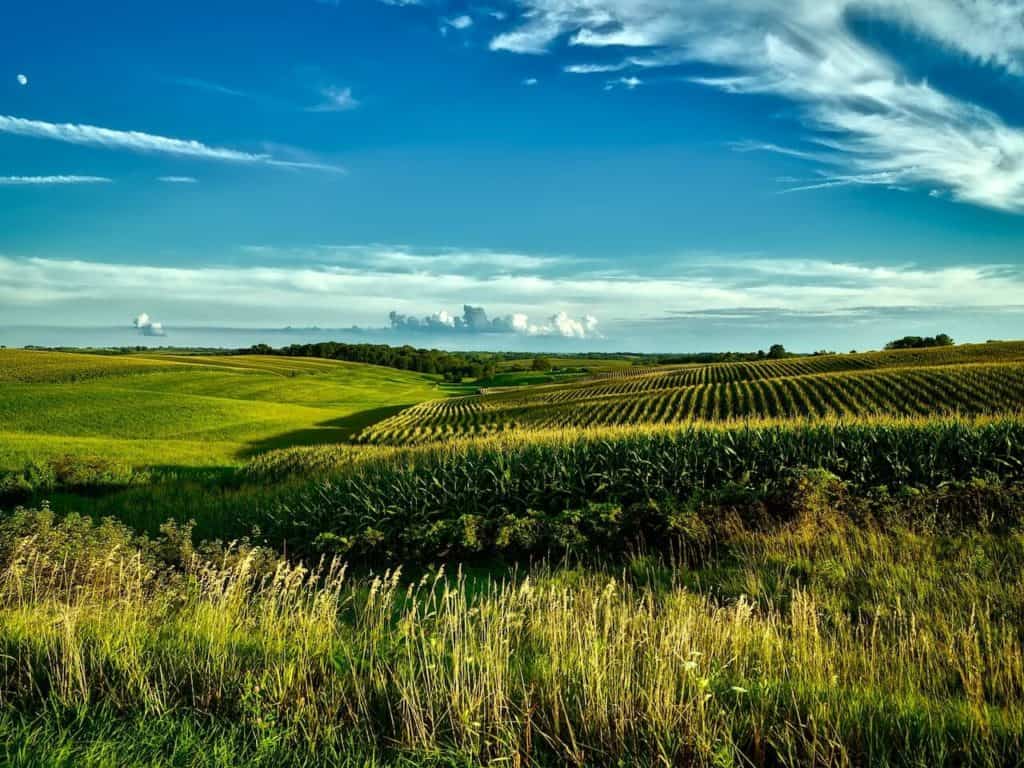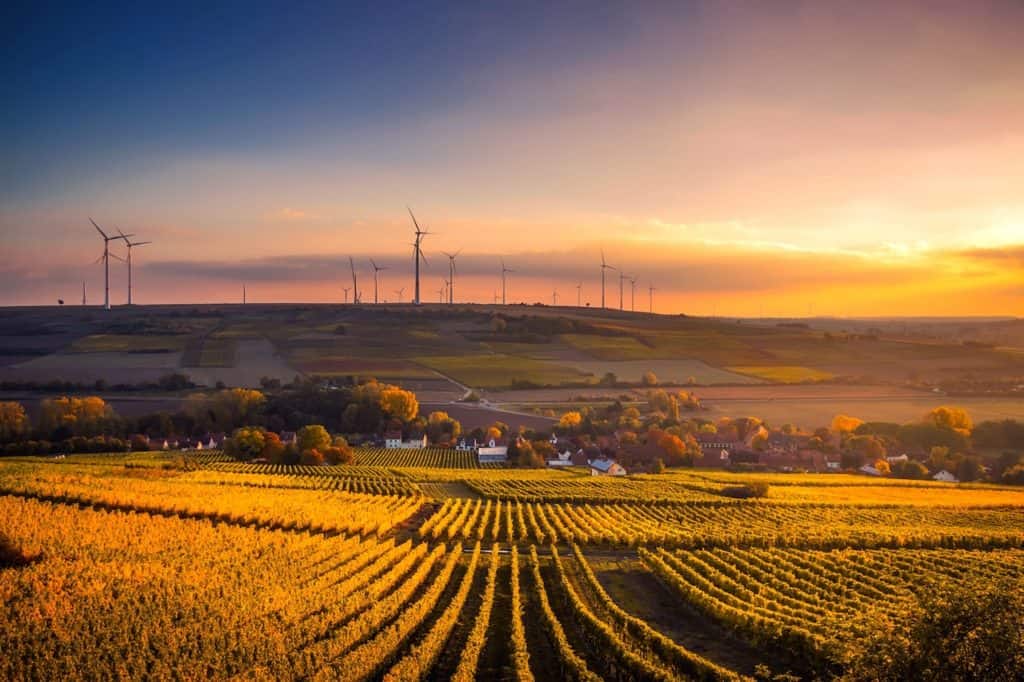Agricultural Waste Management
Agricultural waste management refers to the process of handling, treating, and disposing of waste generated by agricultural activities. This waste can include a variety of materials such as manure, crop residues, plastic waste, and other materials used in farming practices. Proper waste management is critical for protecting the environment, reducing the impact of agriculture on local ecosystems, and complying with regulations governing the handling and disposal of waste.
The Regulations Surrounding Agricultural Waste Management In The UK
In the UK, regulations surrounding agricultural waste are enforced by the Environment Agency (EA) and other regulatory bodies. The EA provides guidance and support to farmers, waste collection companies, and other stakeholders to ensure that waste is managed safely and responsibly. One of the key requirements for farmers is to have a “duty of care” for the waste they generate, which means that they are responsible for ensuring that waste is stored, transported, and disposed of safely and in compliance with regulations.
Classifications For Agricultural Waste
Agricultural waste can be classified as either non-hazardous or hazardous, depending on the type of waste and the level of risk it poses to the environment and human health. Non-hazardous agricultural waste includes materials such as crop residues, manure, and other organic waste. These materials can be treated and used as soil amendments, reducing the need for chemical fertilisers and improving soil health.
Hazardous Agricultural Waste
Hazardous agricultural waste, on the other hand, can include materials such as pesticides, chemicals, and other toxic substances used in farming practices. These materials can pose a significant risk to the environment and must be handled and disposed of in accordance with strict regulations. Hazardous agricultural waste must be stored separately from non-hazardous waste, and the transport and disposal of these materials must be carried out by licensed waste management companies.
Agricultural Waste Management
The management of agricultural waste can involve a range of practices, including waste collection, treatment, and disposal. Waste collection involves the safe and efficient storage and transport of waste from farms to treatment and disposal facilities. Treatment of agricultural waste can include composting, anaerobic digestion, and other processes that break down organic materials and create useful products such as soil amendments and biogas. You can also recycle waste materials such as plastics, metal and wood.
By complying with regulations governing the handling and disposal of waste, farmers can help protect local ecosystems and promote a more sustainable future for agriculture.
We Specialise In Agricultural Waste Management
At Plastic Expert, we work with customers across the UK to collect and recycle their farm plastic waste. This includes materials such as crop cover, polytunnel, films, HDPE canisters and more. If your business is looking for a sustainable agricultural waste management then get in touch with our team today. We will collect and recycle all of your waste, helping you cut your carbon footprint and build a greener farm.








